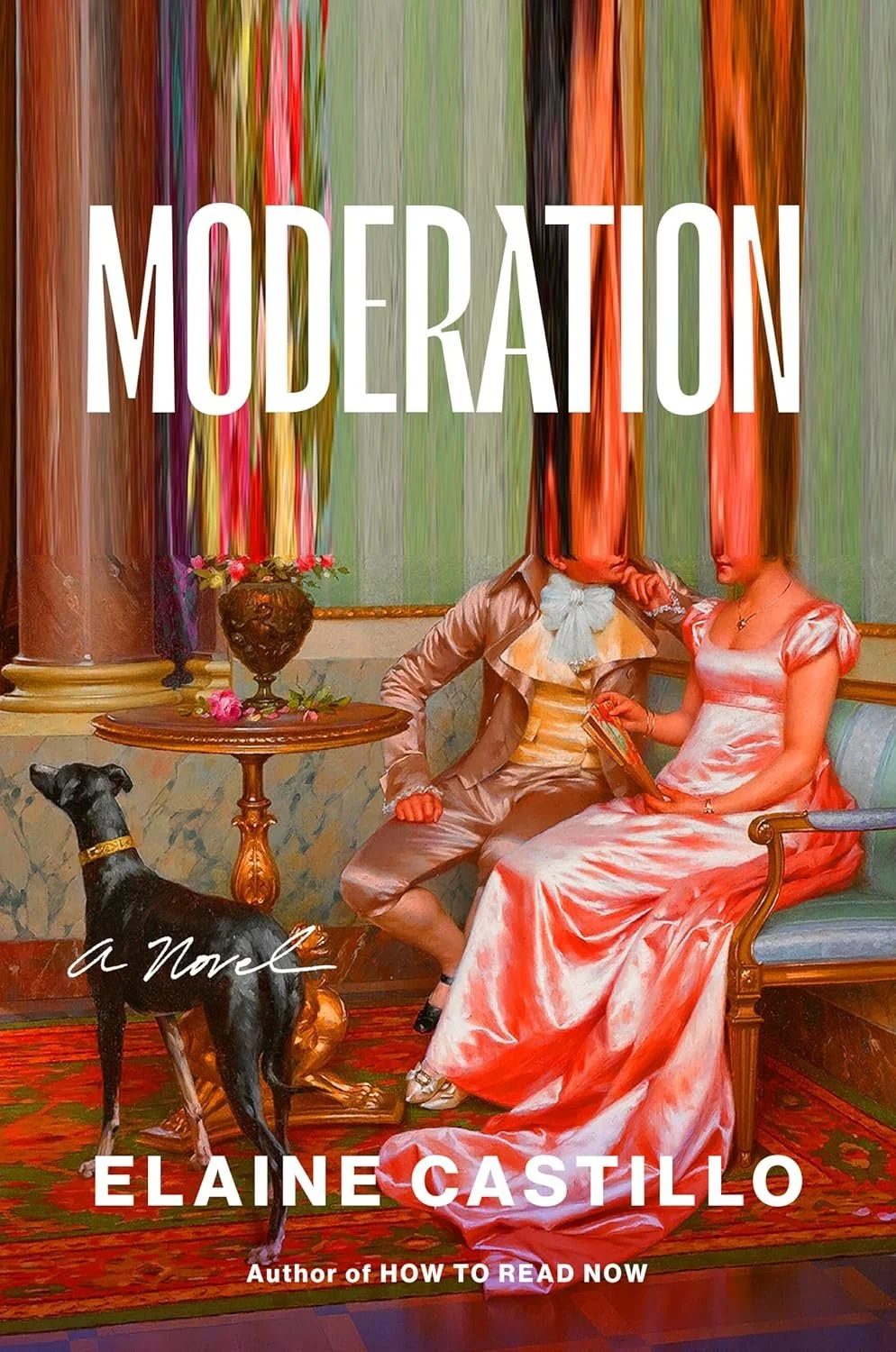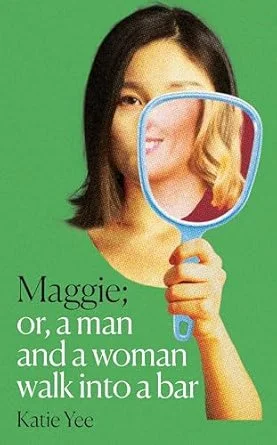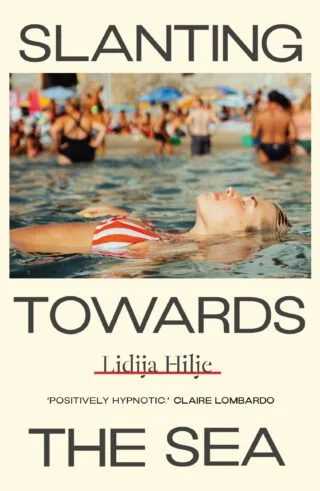Black Surrealism & Historicity: A Conversation with Phillip B. Williams
“The hero’s tale is a tale of a community. No matter what the hero decides, it is informed by who they grew up with, who created formative experiences in their lives, and who they bonded with/departed from.”
Thank you so much for speaking to us! What inspired you to write Ours, and how was your experience of the journey like from conception to publication?
The experience has been great! The story began as a short story in undergrad and under the encouragement of Crystal Wilkinson (who chose it as 4th place for an undergraduate writing award I entered because I really needed the money and wanted to see if I could make something happen) who said the story felt part of a larger story. I was inspired by my mother’s stories about our family and the experiences therein that some would call supernatural while we just called it life.
Undoubtedly, Ours will be celebrated for its rich exploration of various themes. Could you discuss some of the central themes you aimed to explore in the novel?
I wouldn’t say that I sought out to write thematically in the book. I cared most about telling a compelling story in a beautiful way. I know for sure that ideas of freedom and the challenges freedom can pose when balancing an individual self with a communal self buttress the plot throughout the novel. I wanted to be sure I explored each character to the fullest, showing how different experiences of agency across generations connect in unique ways.
Your novel seamlessly blends historical fiction and magic realism, taking such care to document the horror of slavery alongside mythology. Why was this important to you and how did you want it to enhance your work?
A question I’ve been asked frequently is if I consider my work to be within the tradition of magical realism, and though I do not feel the need to correct anyone who uses that term, I describe my work as Black surrealism, where surrealism, in this case, is an imagining of an alternative that lives such a distance away from reality that it is deemed impossible or absurd. Historical records exist where even the idea of a Black writer existing was seen as fictitious. One need only to see the cruel and dismissive way Thomas Jefferson described Phillis Wheatley’s poems for one such example. Black surrealism understands that what is deemed outside of the realm of possibility may be foundational to the empirical lives of those who live on the margins of Western logic, making it not fantasy but another facet of reality where imagination leads in the creation of a more connected world.
Each character feels vivid and fully realised. Can you share your process of fleshing out these characters and giving them distinct voices and backgrounds? Were you inspired in any way by any real people or their experiences?
It is important for me not to build characters who are merely echoes of my interiority. Some of these characters behave in ways that would bring me shame if I had made similar decisions. Staying true to their personalities as dictated by the decisions they make enhances the quality of character. I can’t always project my anxieties and morals onto these fragments of my imagination. In their world, how would they make choices? Why would they make those choices? What could change their minds if anything? How do they speak and why? When do they break a perceived pattern of speaking and what triggers that? What do they care about? How do they express their concerns? There isn’t a process so much as not getting in the way of what builds organically and truly listening to what the story needs and therefore what the plot has to offer.
I was not inspired by real people, but a part of me wants to say that some of my own experiences inspired me. I think it’s because there are times when I felt similarly to a character in Ours but I just wrote the character doing the opposite of what I would do because, unlike me, they are not shy.
We loved how your novel celebrates black history, the resilience of the black community, and the diverse range of experiences within this community. Could you tell us a little bit more about the significance of this theme in your work and how it influenced your storytelling?
I’ve said elsewhere that the hero’s tale is a tale of a community. No matter what the hero decides, it is informed by who they grew up with, who created formative experiences in their lives, and who they bonded with/departed from. In that way, every character has a heroic moment that feeds into the community’s growth and understanding of itself, after which the community grows. I’m not interested in the theme of Black joy, but rather Black complexity. I want the rage, the celebration, the confusion, the depression, the withdrawal from the public and the desire to connect to all gather in one spot. My friend, the writer L. Lamar Wilson, helped me find the correct word when I kept using “history” but meant something else. The word he gave me was historicity, which is the act of telling history and the actors who tell it. If Black history is to be told, then it matters from whose point of view. The act of telling history is an authoritative act, and I wanted to explore a historicity sourced from the very people involved in the historical moment.
The rich sense of place and setting plays a crucial role in shaping the narrative of the novel. How did you go about creating the atmospheric world of Ours, and what inspired your choice of setting?
I had to imagine the town Ours as its own character that could be acted upon and in some ways act upon the characters. The town sometimes represents a character’s emotional landscape, psychological state, fears, and desires. Shadows make the facades of houses appear as faces to one character while the ripeness of the apples offends another because he perceives them as reflective of the town’s sinful nature. The weather fluctuates in bizarre ways, as does time. I wanted to play with how a moment can stand in for an object. Allowing the setting to play a more active role in the story allowed for diverse moments of symbolism without being heavy-handed by repeating the same image throughout the book.
Could you tell us a little bit about how you approached the development of your complex and layered relationship dynamics?
Truthfully, I’m not sure (haha). This seemed to be one of the more natural occurrences in the writing process. Something I learned many years ago, such that I cannot remember the source, is that a story proceeds with what is unspoken. I have always felt comfortable with writing dialogue, and a tactic useful to me relied on having characters speak around each other. For example:
Person 1: We need to leave this club. Getting wild in here.
Person 2: I can’t believe how Reginald was looking at me!
To have it so the characters don’t directly respond to what is said, creating the tension of a potential misunderstanding, = a deepening context, an unexpected moment of clarity, etc. Conversations are often messy, and I’ve found that getting the messiness onto the page requires a heightening of disjunction between characters.
Although Ours is your debut novel, you’ve previously written poetry, so we would love to know more about the move from poetry to prose – how was the writing experience different and what lessons did you learn along the way?
I wouldn’t say that I moved from poetry to prose. I always wrote both simultaneously, it’s just that the books of poems came out before I finished the novel. I originally thought I would have fiction out first. I will say that I had a lot more fun writing Ours because I felt more freedom to play around. Unlike poetry, I don’t have any training in fiction, so what I learned came from reading and the rare occasions that I watch television or movies with multiple points of view. It’s why Ours is so cinematic in my opinion.
As an author, what message or takeaway do you hope readers will glean from Ours, and what do you hope they remember most about the novel?
I try not to concern myself with what readers get out of my book. My job is to create and set it free. Whatever memories or lessons they gain from their individual experience belong to them. I want readers to have the freedom to come up with their own conclusions and find joy wherever they can in the text.
And lastly, a question we love to ask all authors we speak to – do you judge a book by its cover?
I absolutely do. Design is part of the storytelling.
Editorial Picks




